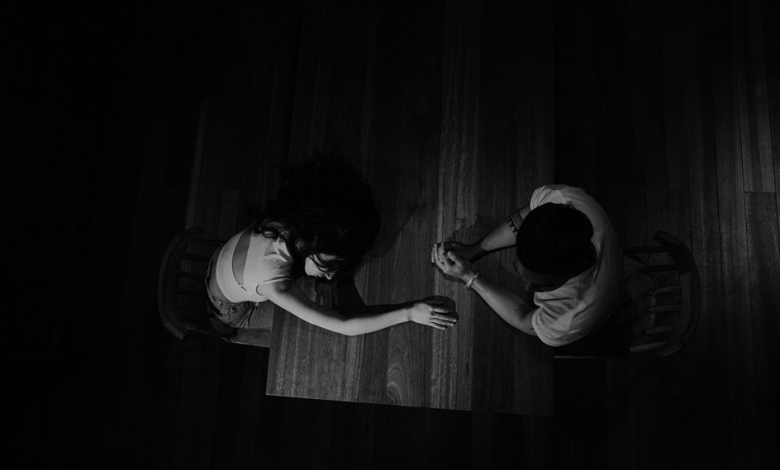
“I feel like you are always above me in everything… I always have to do more and more. I feel like I am in a competition. How much I did, or I do is never enough for you… You don’t see how much I have tried for you… for being enough for you… I stepped 2 but you did 10… Then again, I am not enough. But I did 2. But that’s not important for you. I should be equal with you…Equal process for our relationship. You have never seen these 2 steps were for you. You have never seen that I progressed… I have changed.”
The lines that never left my mind. Every day, in every relationship topic I have discussed with my friends and in every movie about relationships I have watched, these lines come to my mind and make me think about relationships. Yes, these were my experiences, the lines somebody else told me. However, the important thing is, why I am like that? Why do I make someone else feel not enough? What did I expect that much? Was that so hard? I don’t know of course.
Then, one day, I was in a social psychology class. We were reading about relationships. Then, I saw the Equity Theory of relationships. “This is me” point as all psychology students experience once in their lives. Maybe that’s my problem. The way how I see the relationships.
In short, I want to mention Equity Theory to you today. You can all Google it and find it, actually. That’s why I do not want to explain the theory much, but I have some words to say about it.

Firstly, what is it? Basically, Equity Theory holds the idea that people are happiest in relationships that partners give and take equally (Aronson et al., 2021). Otherwise, the satisfaction of a person decreases, and they become unhappy with the relationship. In other words, “Why would I give you more if you do not give me enough?” That might sound so materialistic. Of course, love is not something like that (!). That’s another day’s topic.
Yes, let’s say, we are okay with this idea that we should be equal so that we can understand how much they care about us. Then, the hardest thing for me in this theory comes: how can we do the math? What equals what? To make it clear, I want to give an example from the movie “The Break-up”. In this movie, there are always arguments. And my idea is that the problem may come from the calculation. When you watch it, you will see both of the partners complain that they are not appreciated by each other. How it is possible? Both sides think they do so many things for the relationship, but at the same time, for both, they do not.
The reason may be the fact that the things we do are not easy for another person as much as for us, in this case, our partner. What I mean is, that maybe, we request something from our partner, and this thing has a level of hardness 2 for us, and 10 for them. Then, in their calculation, they do more. But in our mind, they only do 2. The only way, I guess, is to try to empathize with our partner, to have good communication, and try to understand their reality. But how can I know?
References
Aronson, E., Wilson, T. D., Akert, R. M., & Sommers, S. R. (2021). Social psychology. Pearson.





